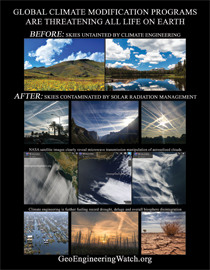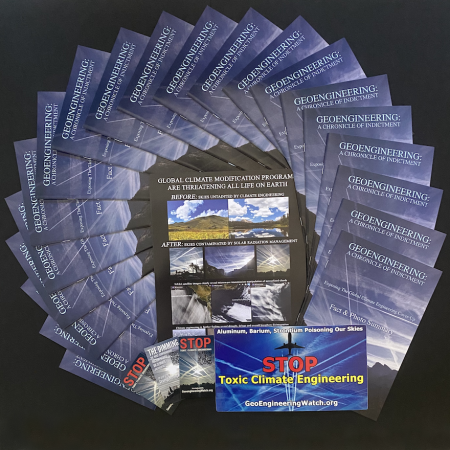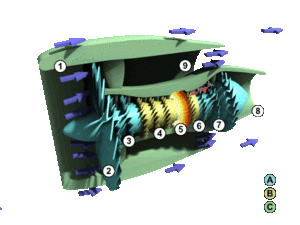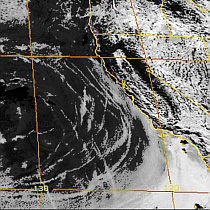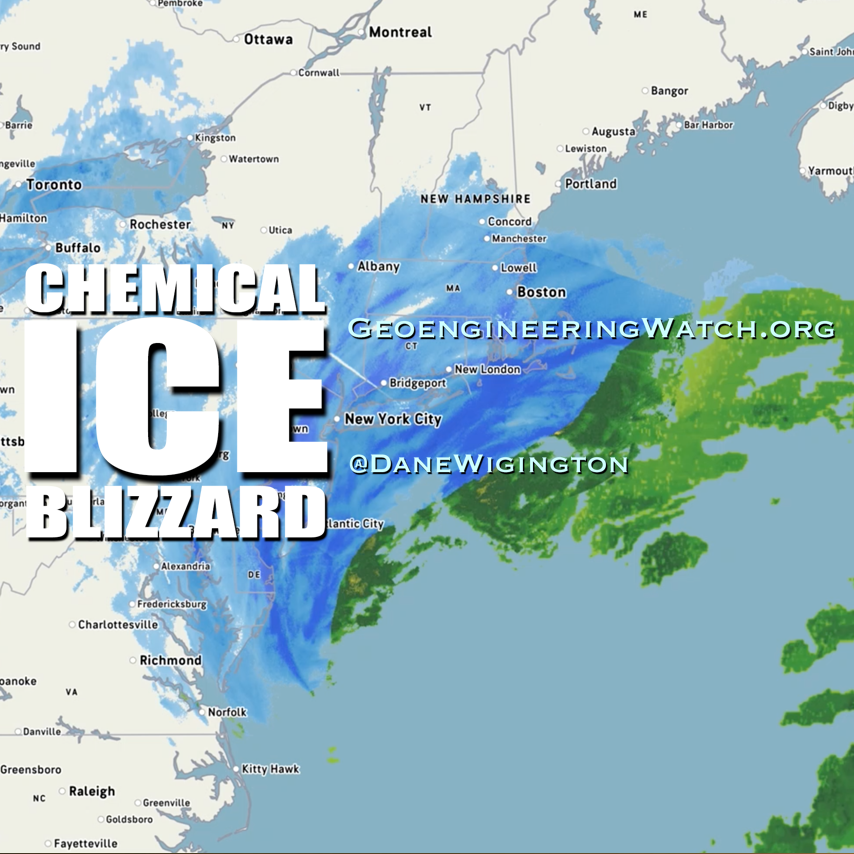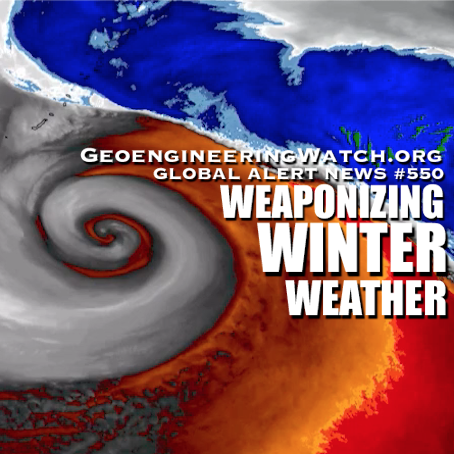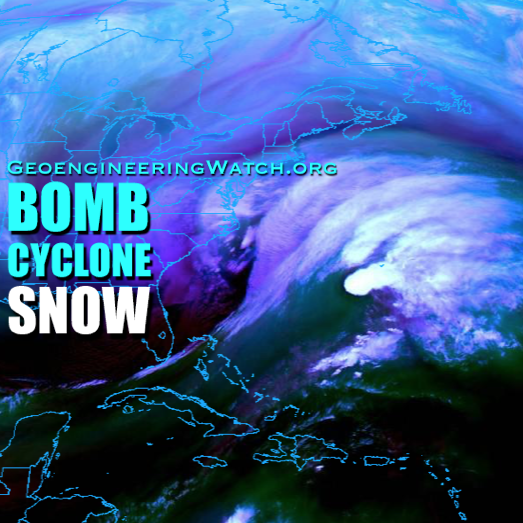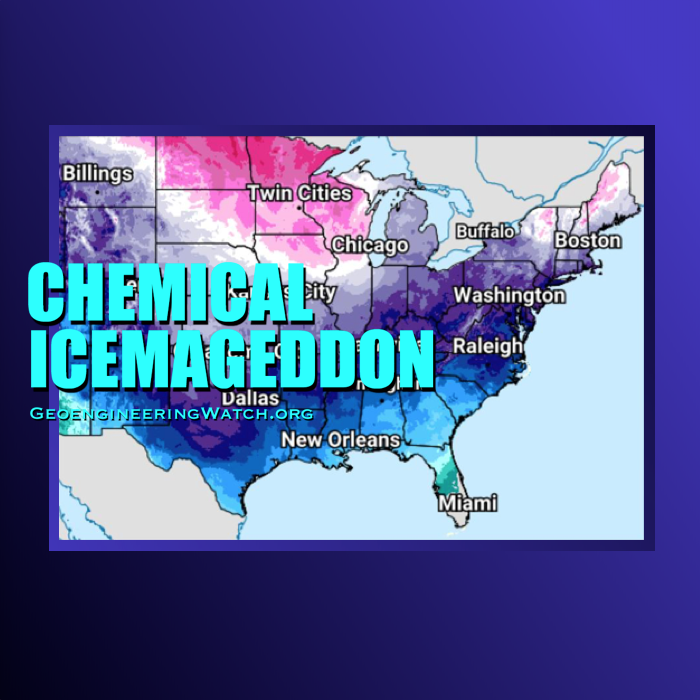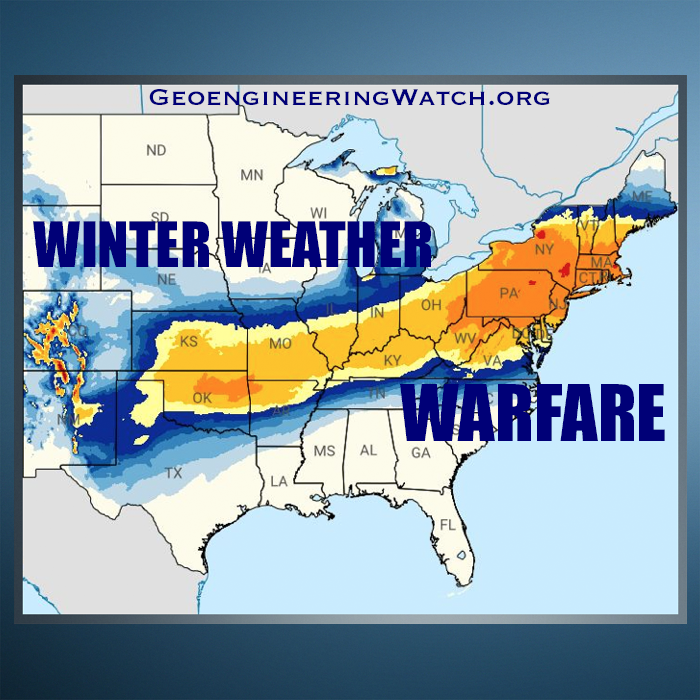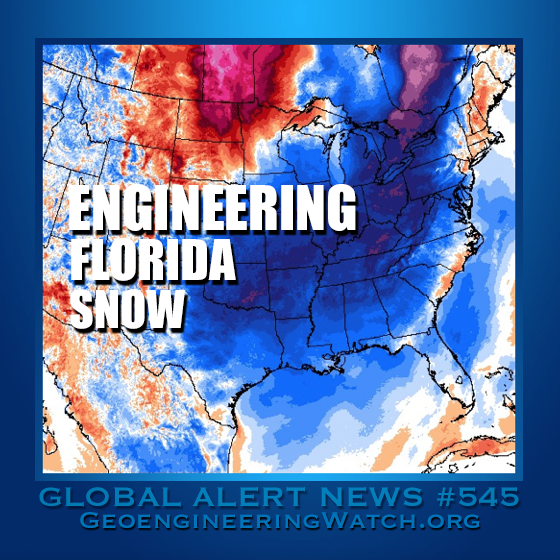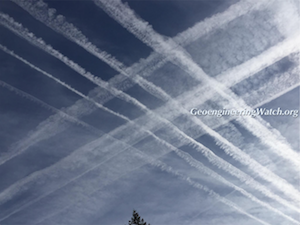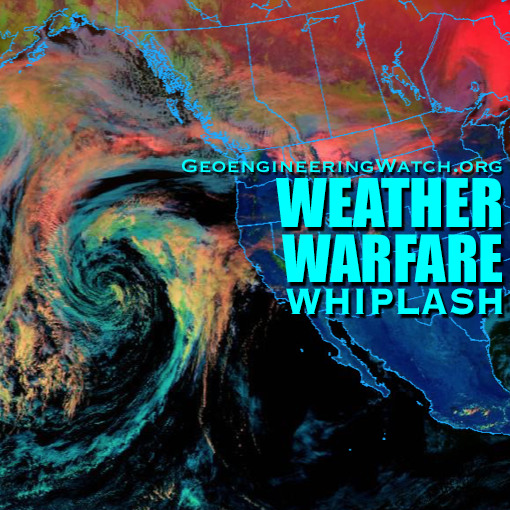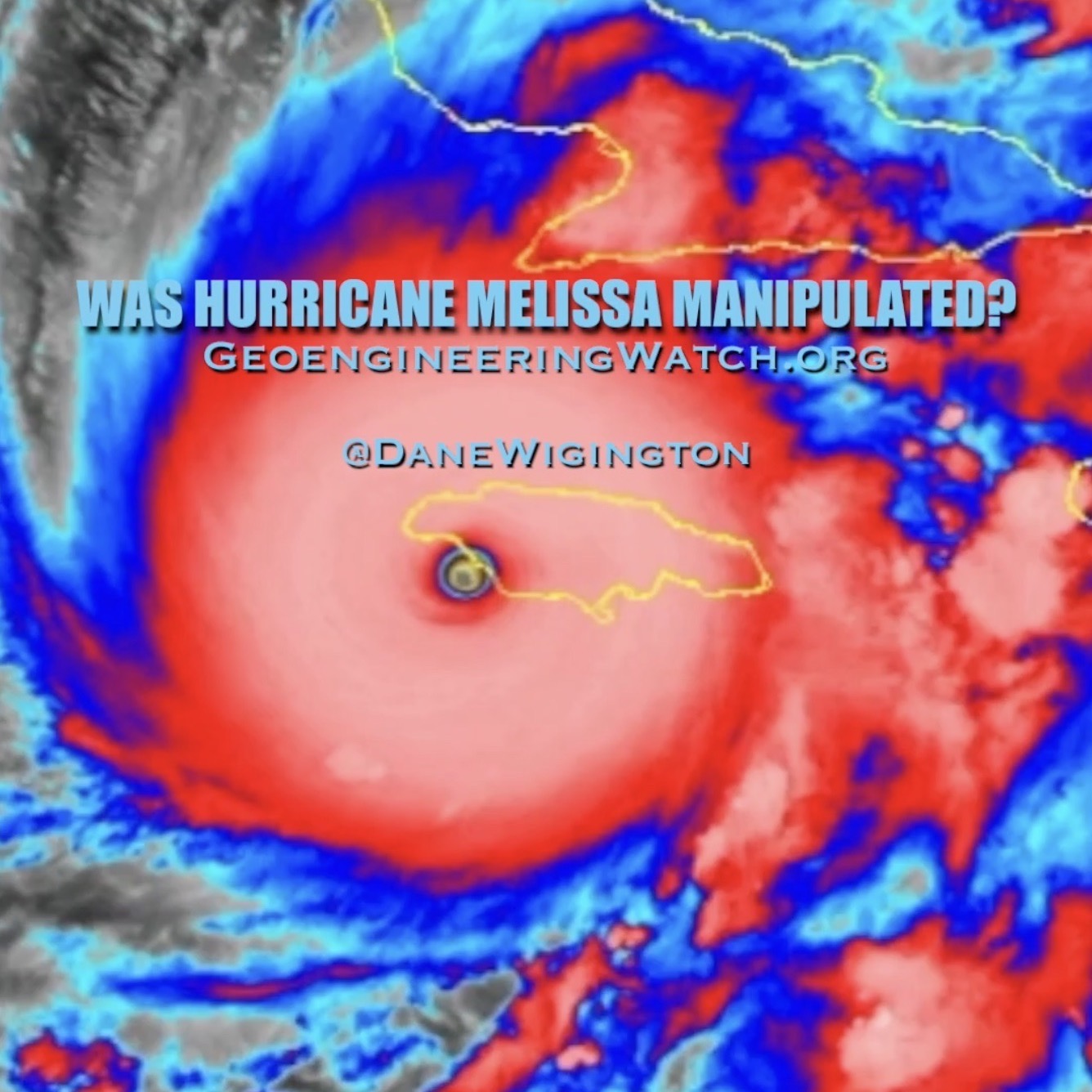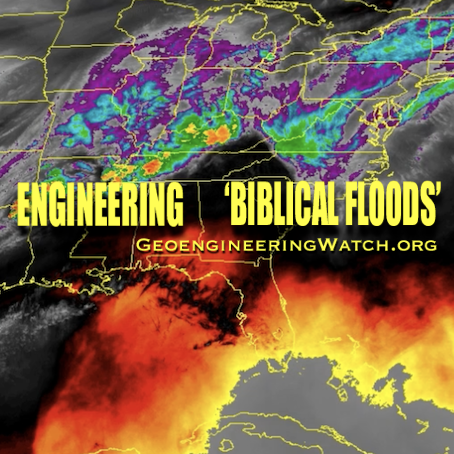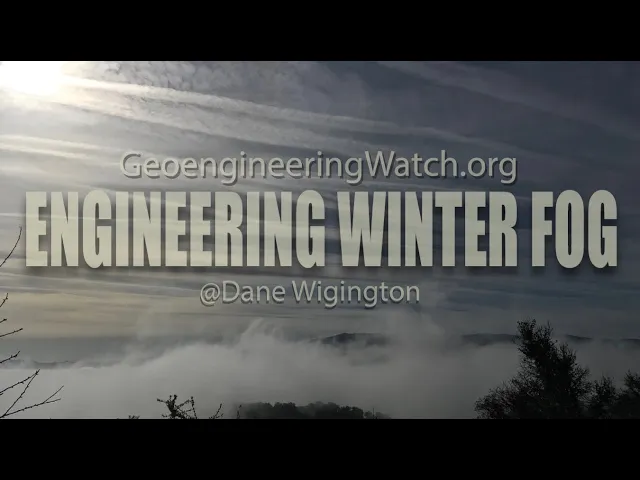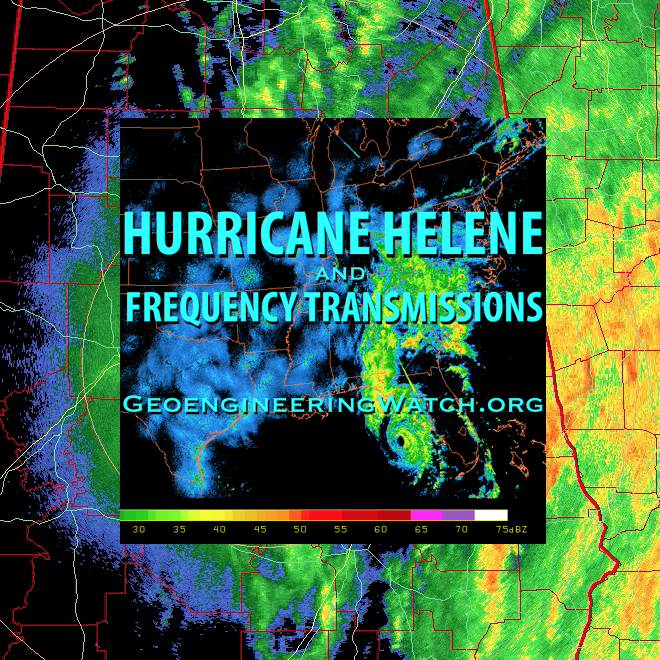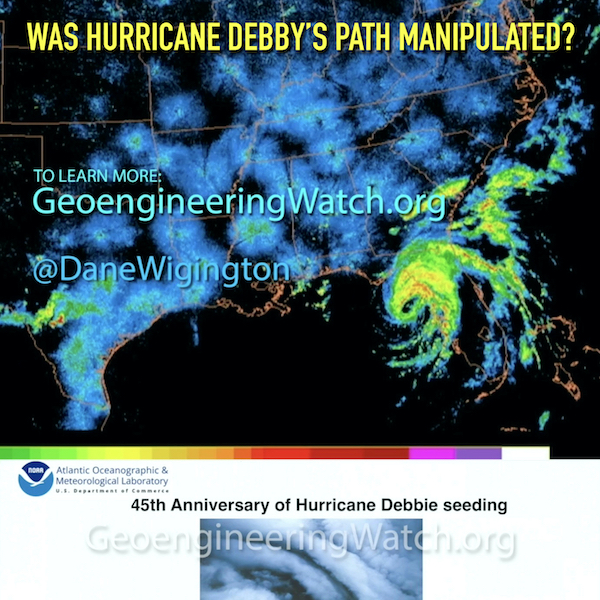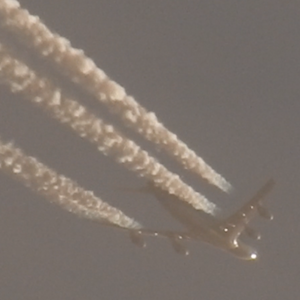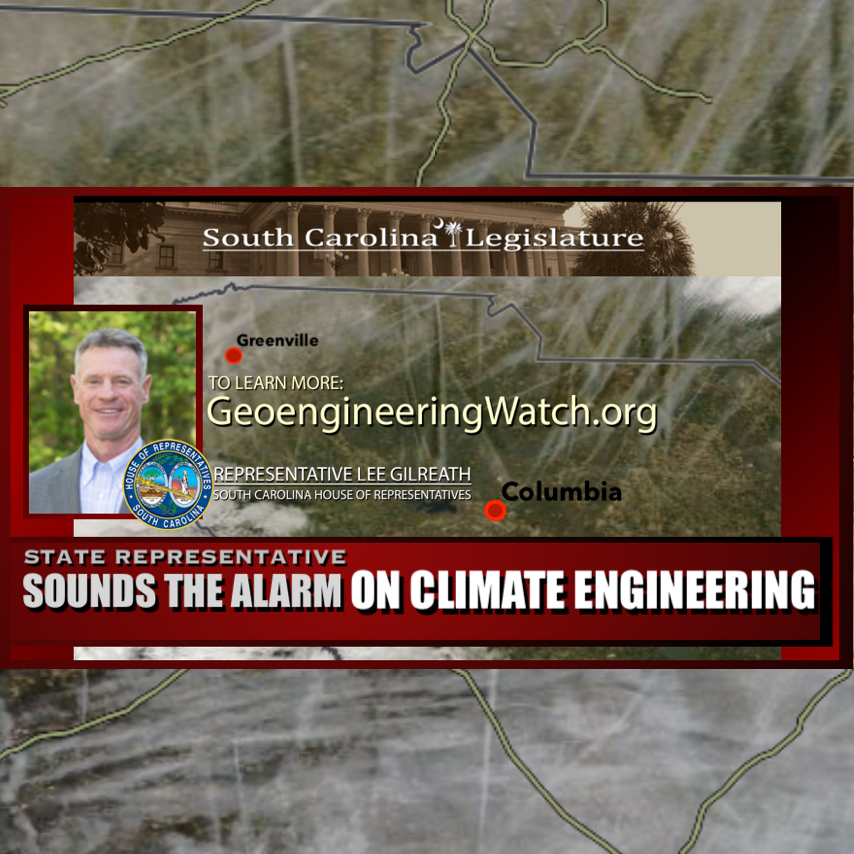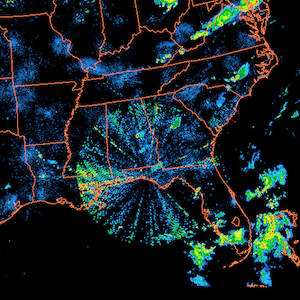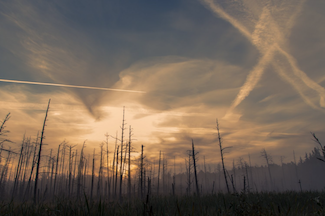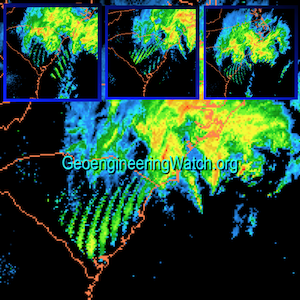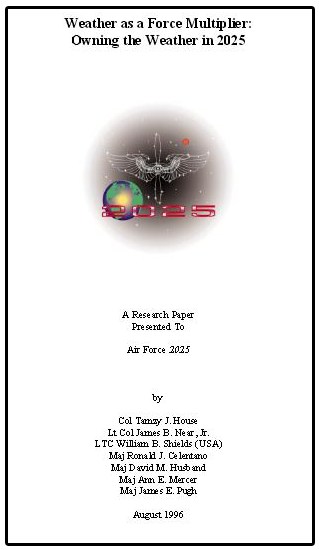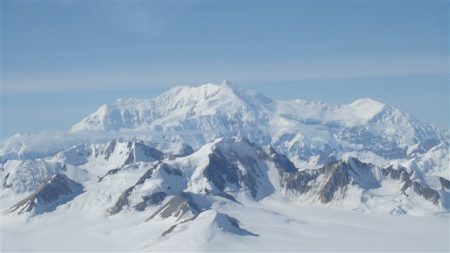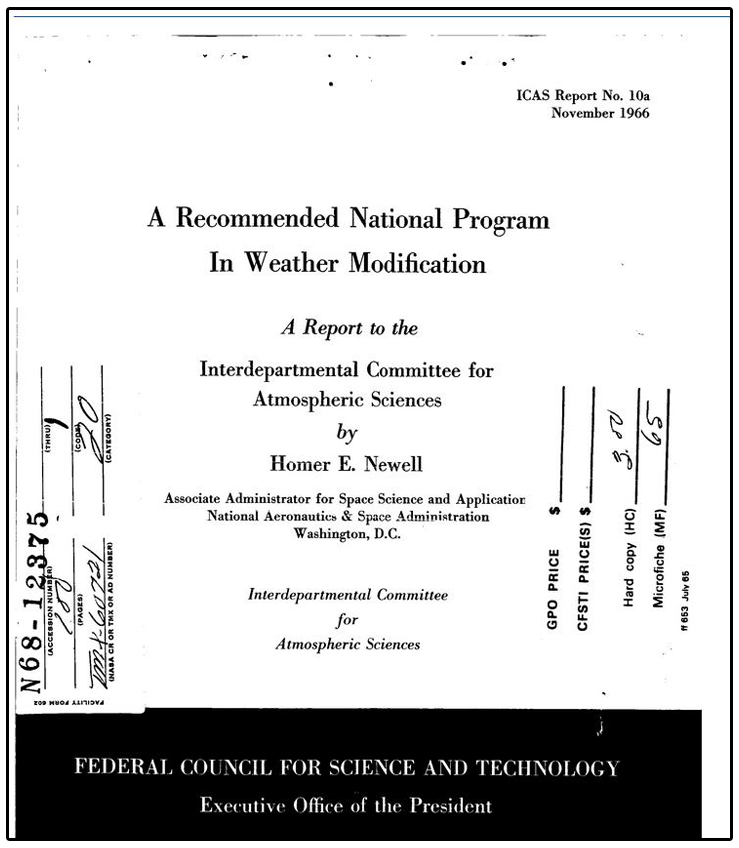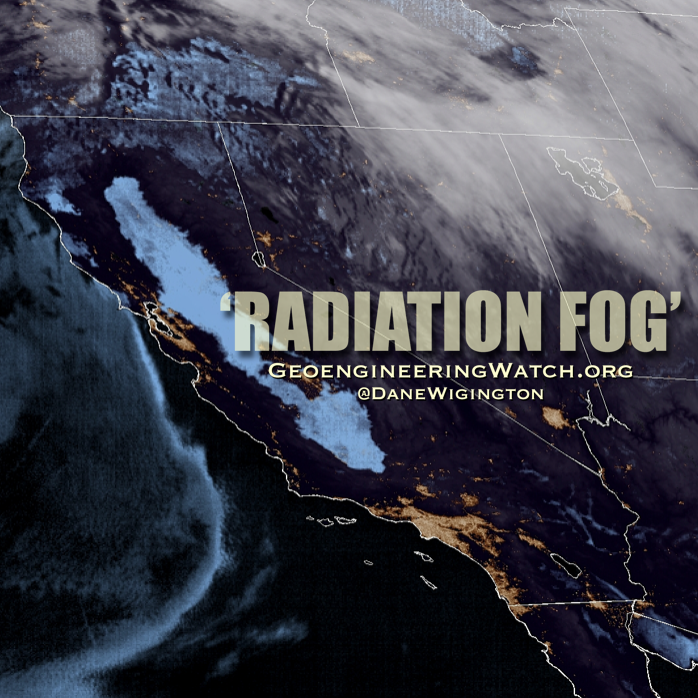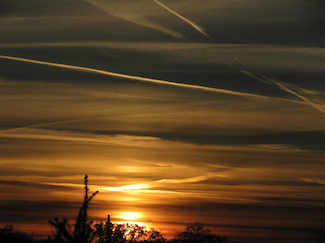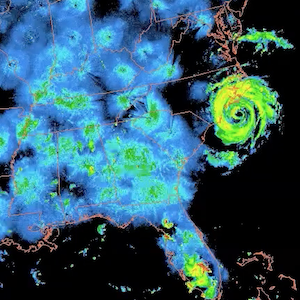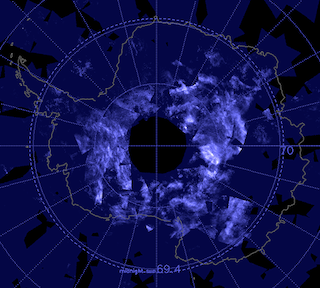Source: Radio Canada Int'l
For some time studies have indicated that polar regions, especially the Arctic, is warming at a faster rate than those regions closer to the equator.
A new international study appears to indicate that a similar phenomenon is happening to layers of air, such that higher elevations are warming at a faster rate than lower elevations.
Scott Williamson was involved in the research. He is a PhD candidate in the Department of Biological Sciences at the University of Alberta with expertise in snow and ice climate feedback in the tundra (cryoshpere)
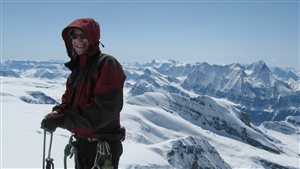
The research was published in the science journal Nature Climate Change
The researchers gathered and analyzed all data and studies on temperatures at higher elevations. The best example comes from the Tibetan plateau where they found temperatures rising over the past 50 years. The research found that above 4000 metres temperatures have risen 75% faster than temperatures below 2000 metres.
Williamson says the warming temperatures could have major implications for flora and fauna both high up in the mountains and down below, as well as implications for cities and towns which depend on snow melt from the mountains for water throughout the summer.
He says as the higher elevations warm, there could be faster snow melt, sooner, meaning less water available at the low elevations late in the summer for both humans and wildlife dependent on such things as wetlands.
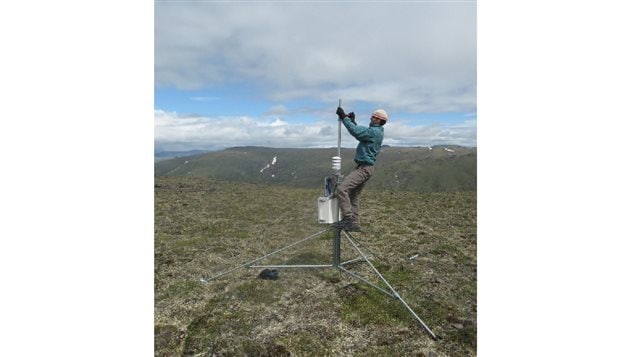
Also plants and animals adapted to the colder temperatures at high elevations will be pushed higher until there is nowhere left and they simply disappear.
Williamson points out that there hasn’t been a lot of study of temperatures at high elevation, and thus long term, and more complete data is lacking.
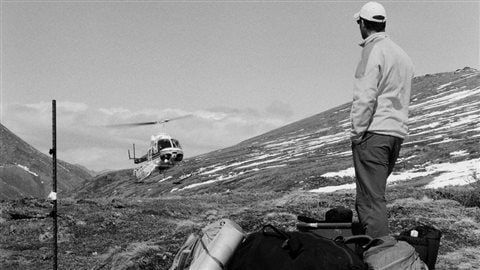
He says there needs to be more instruments and study done of temperature changes in the mountains, but that this early study appears to follow an obvious trend established by many other studies, that the atmosphere and oceans are warming and changing climates.
Source: Radio Canada Int'l





